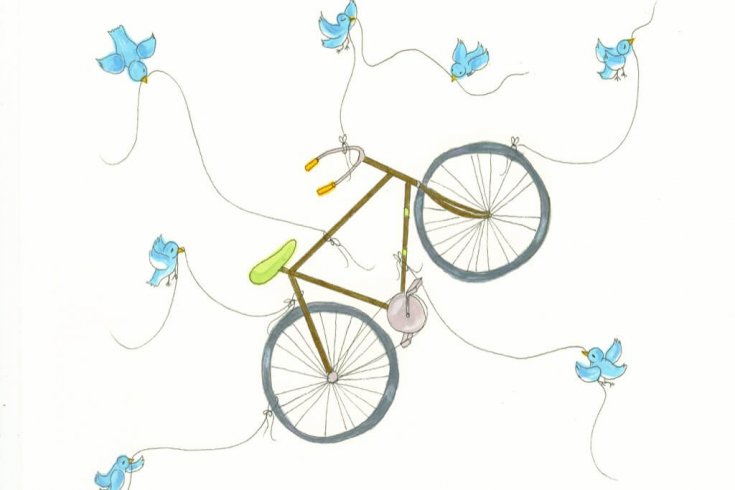
Between April and July 1994, some 800,000 Rwandans were killed in the worst African genocide in modern times. The tragedy held a special interest for Canadians because of the tortured figure at its centre. Lieutenant-General Roméo Dallaire was commander of the small United Nations peacekeeping force that watched helplessly as Hutu and Tutsi slaughtered each other. The genocide was sparked by the death of the country’s Hutu president, whose plane was shot down over Kigali airport on April 6. His presidential guard immediately initiated a campaign of retribution. Leaders of the political opposition, mostly Tutsi, were murdered, and within hours recruits were activated all over the country to carry out a massacre that lasted a hundred days.
The genocide left Dallaire, who pleaded in vain for reinforcements, with severe post-traumatic stress (he recovered, wrote a book, and now sits as a Liberal in the Senate). It also had a devastating effect on the entire Rwandan population, few of whom escaped its ravages. Hundreds of thousands of children were orphaned; tens of thousands of women were raped or mutilated. One such survivor is Alice Mukarurinda, a Tutsi, who tells her harrowing story (“No Small Mercy”) in this issue. Although what we have here are two stories, her own and that of Emmanuel Ndayisaba, a man who fifteen years ago, in the madness that overtook the Hutu majority, brutally cut off her hand. Today, she calls him a friend.
When the killing stopped, the Rwandan Patriotic Front formed the new government and incarcerated more than 100,000 people accused of genocide, war crimes, and crimes against humanity. Their numbers overwhelmed the courts—to give them conventional trials would take decades—so in 2001 the government adopted a more tribal system of justice, turning the accused over to gacaca (pronounced “gachacha”), or village courts, in which victims have a say in sentencing. There are 11,000 gacaca courts. The trials are public and enable victims and their families to confront the accused. The judges, who have basic judicial training, are among hundreds of thousands of individuals elected by Rwandans to facilitate truth and reconciliation.
Alice and Emmanuel told their stories to Jina Moore, an American freelance journalist who commutes between Brooklyn and Kigali. With graduate degrees from the schools of journalism and international and public affairs at Columbia, she writes for (among others) the Boston Globe, the Christian Science Monitor, and Harvard Magazine. It was the Rwandan genocide that kindled her interest in Africa. “I was fourteen when it happened, and I remember struggling to reconcile the horrible reality of the event with the ‘never again’ platitudes I was hearing at Holocaust memorials. I never really got over it, and after college I started reading about it, the way I’d read about the Holocaust in high school. Eventually, it led me there.”
Reconciliation is an old story in Rwanda, and yet Moore found working with Alice and Emmanuel a revelation. “I learned a lot in the non-reporting moments—sitting in Alice’s living room, watching Emmanuel and her four-year-old boy tell each other jokes, and wondering, ‘Who does he think Emmanuel is? And what does he know about his mother’s missing hand? ’ I was surprised to discover that Alice’s husband doesn’t approve of her friendship with Emmanuel—that despite his otherwise religious life (on my last visit he prayed for us all, as Alice read from the Bible), he can’t forgive Emmanuel.
“All of which is to say the obvious: none of this stuff is easy. It’s not that genocide complicates ordinary life, tinting everything with pain or loss or guilt, but that ordinary life complicates the memory of the genocide—how do you tell your daughter what you did, or your son where your hand went, or your husband that you’re still able to be a good wife, war wound notwithstanding? ”
With all its flaws, the Western criminal justice system is a triumph of civilization. But perhaps there’s something to learn from this Rwandan experiment in grassroots truth and reconciliation. Would Emmanuel have fared as well in a Western court? Would Alice? And, for that matter, would Rwanda?



